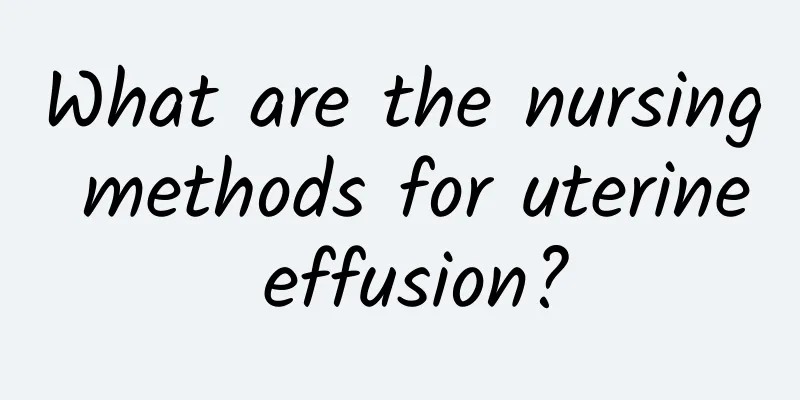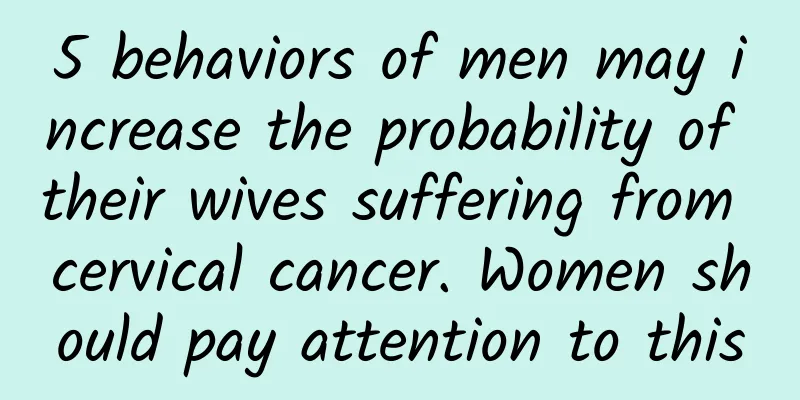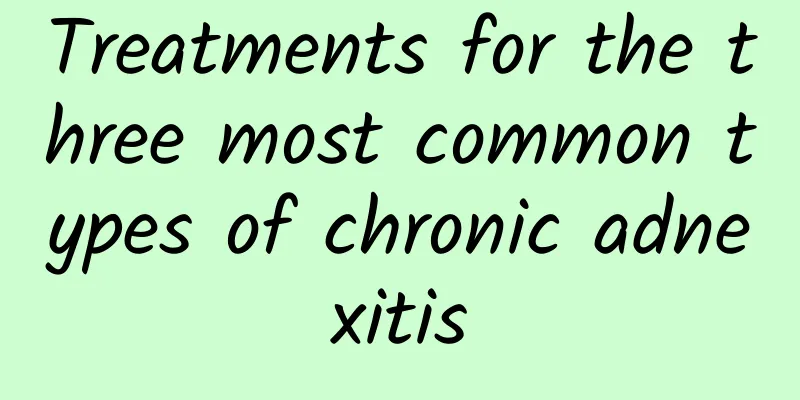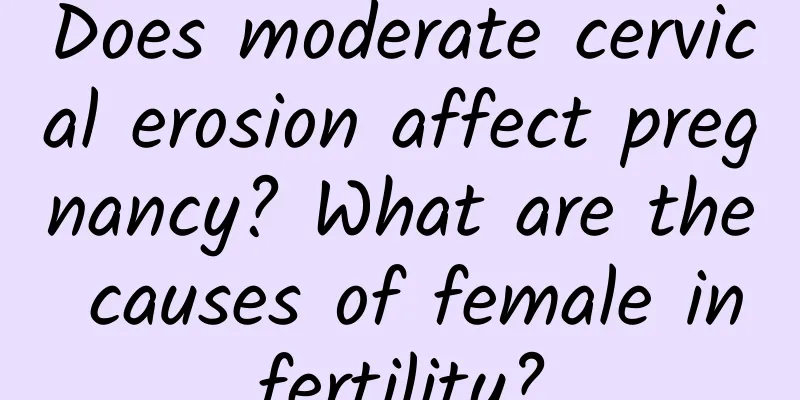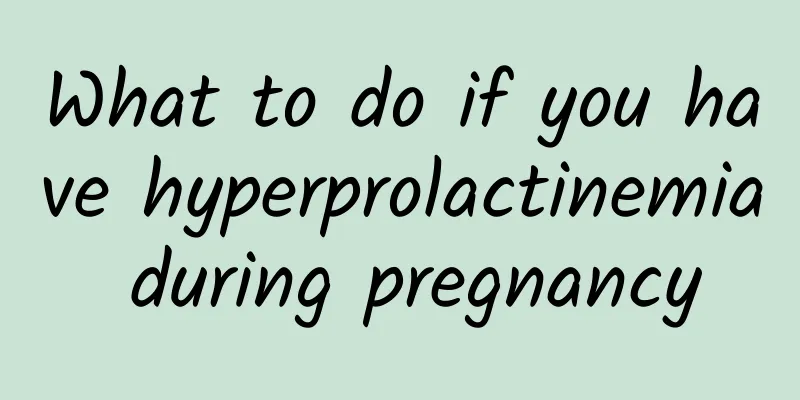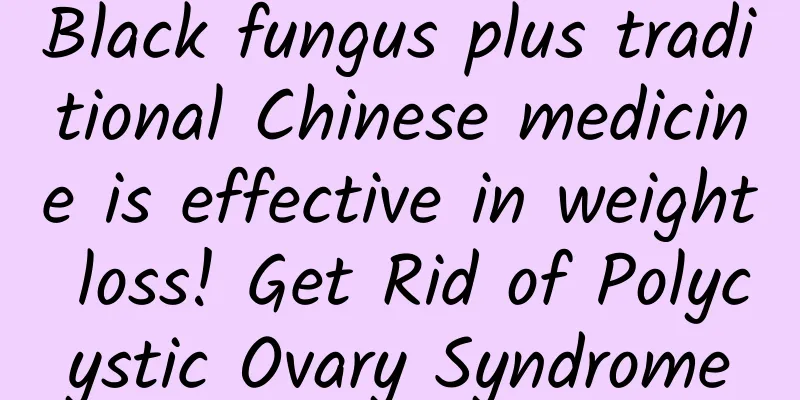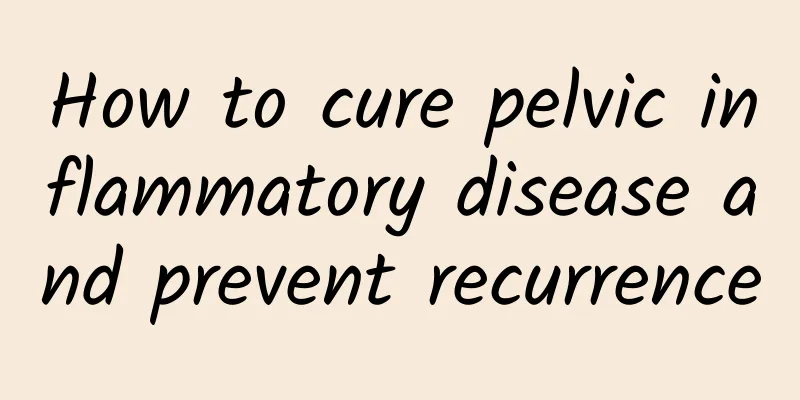19-year-old Bartholin's gland cyst
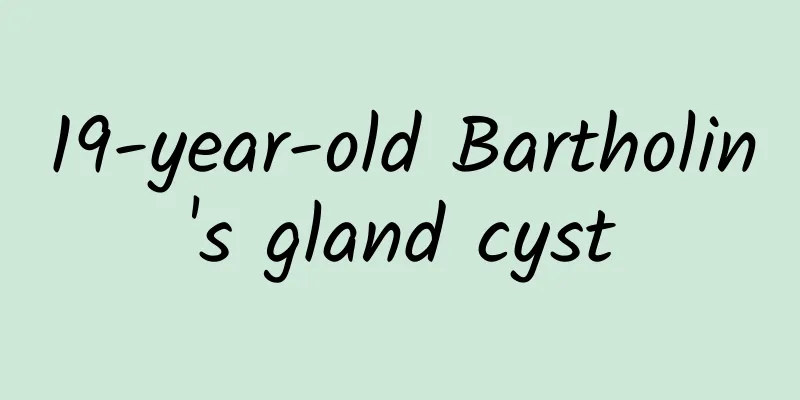
|
Bartholin's gland cysts at the age of 19 are mostly caused by obstruction of the gland's duct. Treatments include medication, local drainage, and cystectomy, depending on the size of the cyst and the extent of infection. Early medical attention can effectively relieve symptoms and prevent recurrent infections. 1 Causes of Bartholin's gland cyst Bartholin's gland cysts are mostly caused by blockage of the gland duct, which prevents the gland secretions from being discharged and gradually accumulates to form a cyst. The following factors may be related to the formation of cysts: Physiological factors: The gland ducts of some people are narrower, which can easily cause blockage due to the accumulation of secretions. External factors: Wearing tight, non-breathable clothing for a long time or not paying attention to the cleanliness of private parts may cause infection. Infection: Certain bacteria such as Staphylococcus aureus and Escherichia coli may cause inflammation around the catheter and accelerate the formation of cysts. For these reasons, maintaining good perineum cleanliness and avoiding wearing tight pants for a long time are effective ways to prevent cysts. 2 Treatment of Bartholin's gland cyst Depending on the size of the cyst and whether it is accompanied by infection, the following methods can be used for treatment: Drug treatment: For cysts without obvious infection in the early stage, you can try to use local antibiotics or anti-inflammatory drugs to relieve them. The doctor may prescribe ointments such as fusidic acid and erythromycin to relieve symptoms. Drainage: If the cyst is large or infected, your doctor may perform a local incision to drain the fluid and relieve discomfort. Cyst excision: For recurrent or large cysts, it is recommended to completely remove them through surgery to prevent the cyst from forming again. After the operation, you need to strictly follow the doctor's instructions to care for the wound to ensure the recovery effect. 3 Care suggestions in life In addition to treatment, daily care is also critical: Keep your private parts dry and clean, wash with warm water daily and avoid harsh detergents. Choose loose, breathable underwear and avoid wearing tight pants for long periods of time. Improve immunity, pay attention to a balanced diet, and consume more foods rich in vitamin C such as oranges and kiwis. If the cyst gradually increases in size and is accompanied by pain or fever, please seek medical attention promptly to avoid worsening of the condition and to rule out other potential infection risks. |
<<: Chronic salpingitis can cause ovulation bleeding
>>: What medicine should adults take for influenza
Recommend
What are the typical symptoms of invasive molar pregnancy?
What are the typical symptoms of invasive molar p...
Does ovarian cyst cause back pain?
Ovarian cyst is a common gynecological disease. O...
How to arrange the daily use of hyperprolactinemia
Hyperprolactinemia makes many women very painful....
Do endometrial polyps bleed?
It is generally difficult to accurately determine...
What should I do if I have my period after having a colposcopy?
What should I do if I have my period after having...
How to get rid of ovarian chocolate cyst
The elimination of ovarian chocolate cysts mainly...
There is a science to body beauty! 5:3:2 three meals a day is the fastest way to lose weight
The less fat, the more obvious the muscle lines M...
What causes stomach pain during menstruation?
Stomach pain during menstruation is caused by eat...
To prevent ectopic pregnancy, women should pay attention to personal hygiene and avoid inflammation
Prevention of ectopic pregnancy is very important...
Experts introduce important precautions after abortion
In real life, more and more female friends have t...
Differentiation between primary amenorrhea and androgen insensitivity syndrome
Patients with androgen insensitivity syndrome hav...
Secret: The cause of uterine fibroids is closely related to sexual dysfunction
Many people may be familiar with uterine fibroids...
Get rid of cellulite with the "hands of God"! Sculpting the goddess curves
Girls’ love for beauty is not just about their ap...
Study: Vegetarianism reduces the risk of diabetes, breaking two myths about healthy vegetarianism
Can being a vegetarian prevent diabetes? A local ...
What should women pay attention to when cervical erosion is prone to recurrence? 6 measures to prevent cervical erosion should not be relaxed
In life, gynecological inflammation is not scary....
